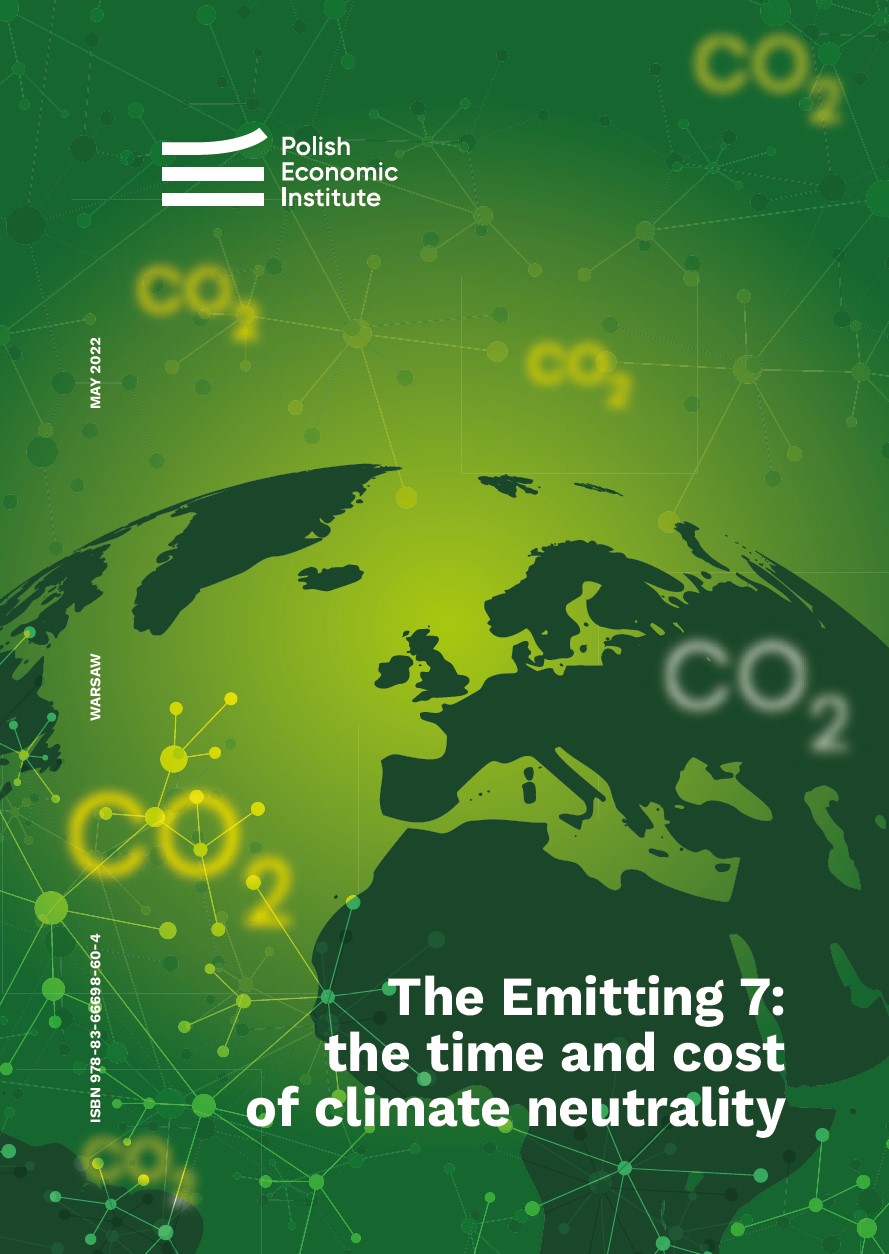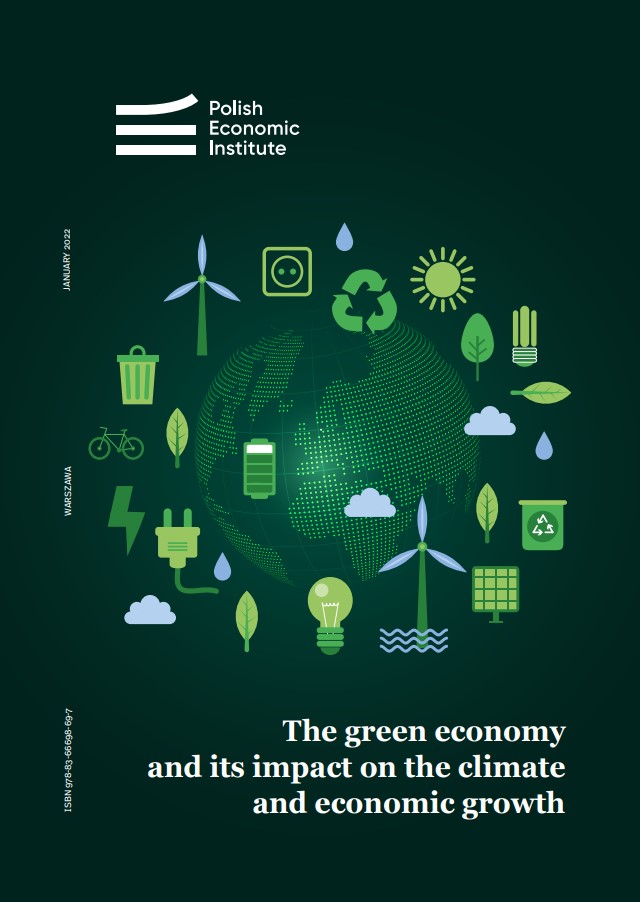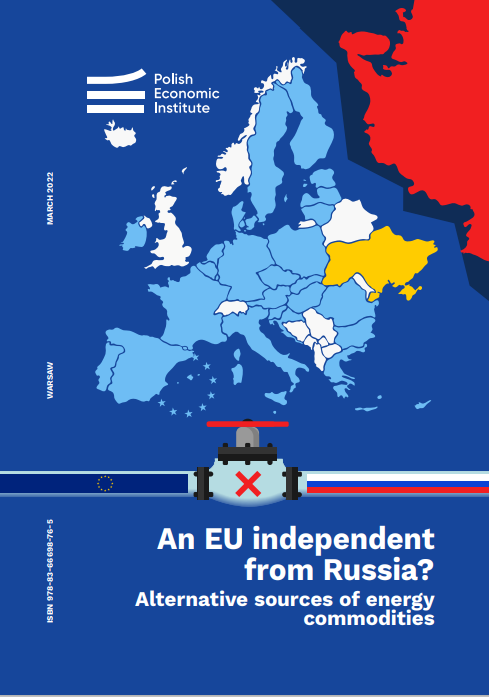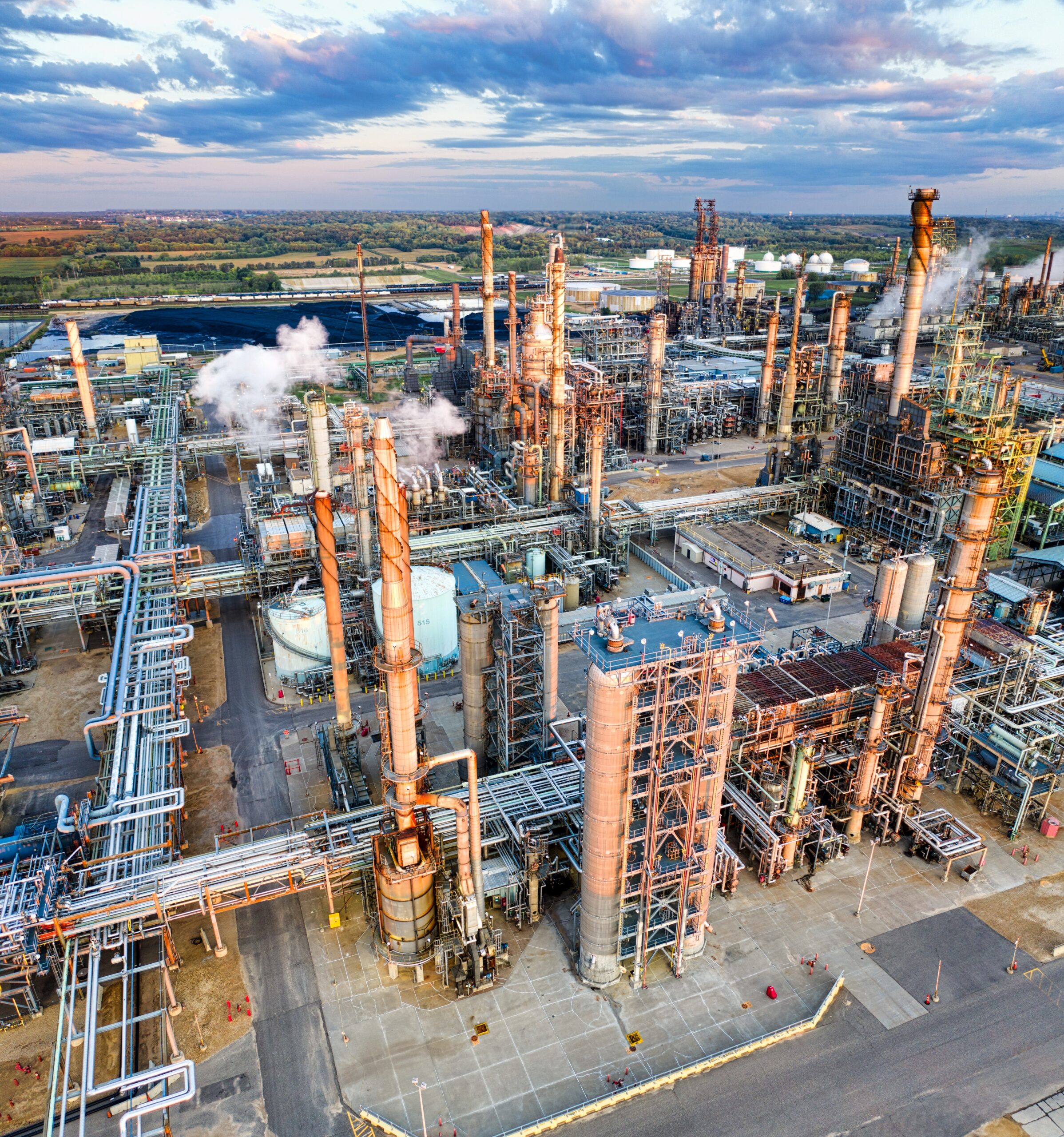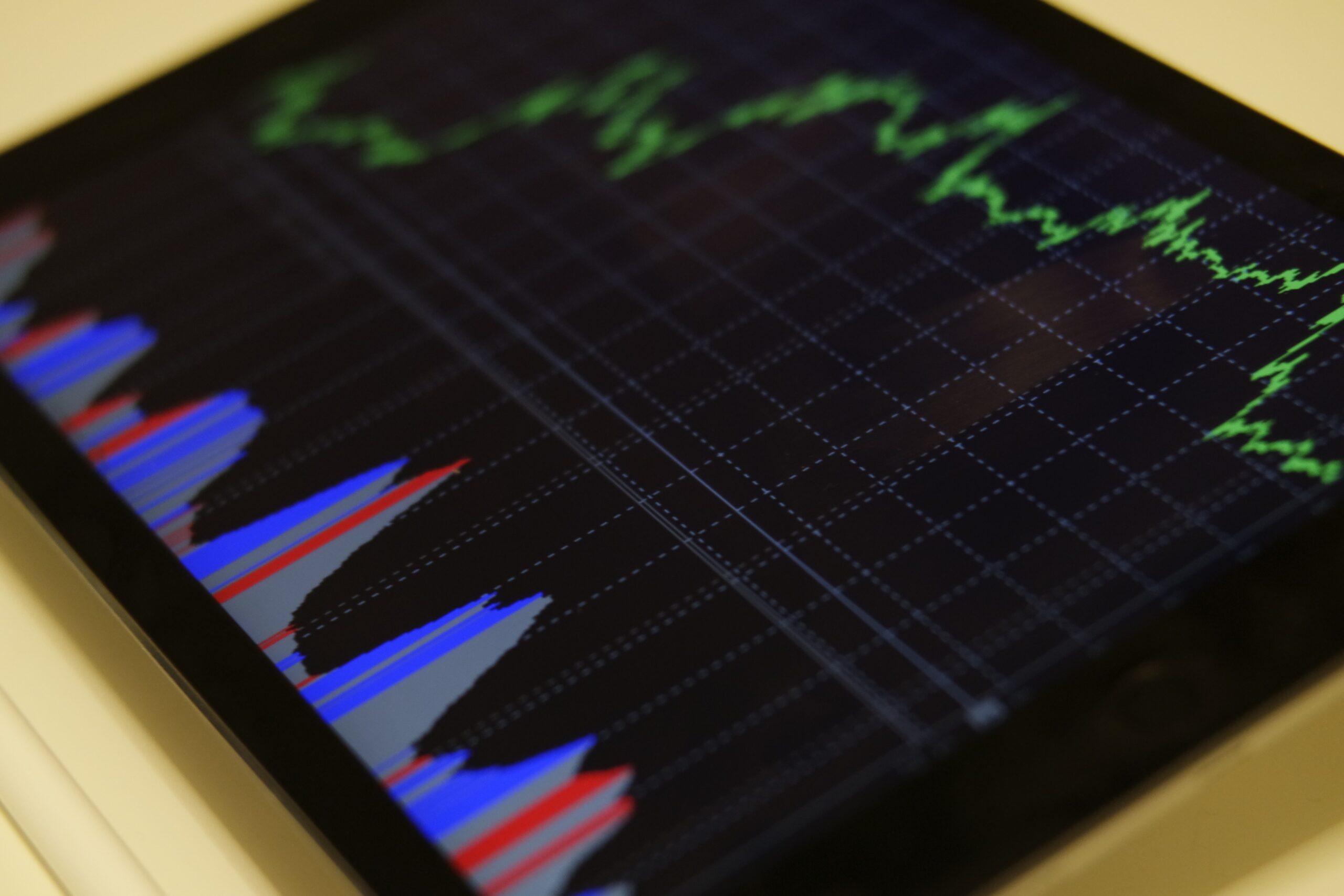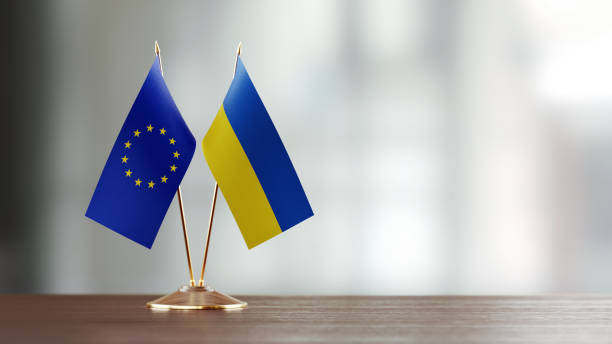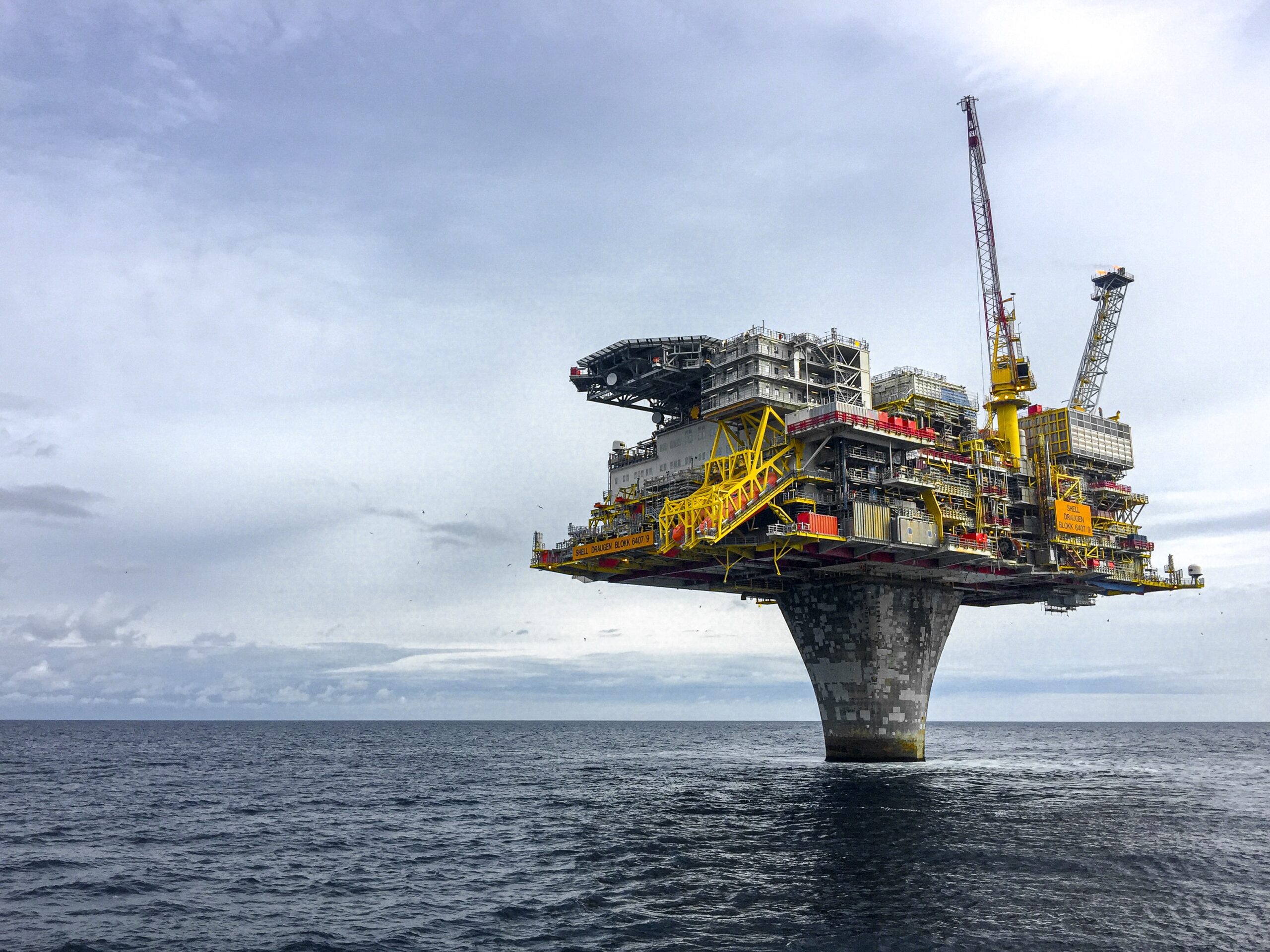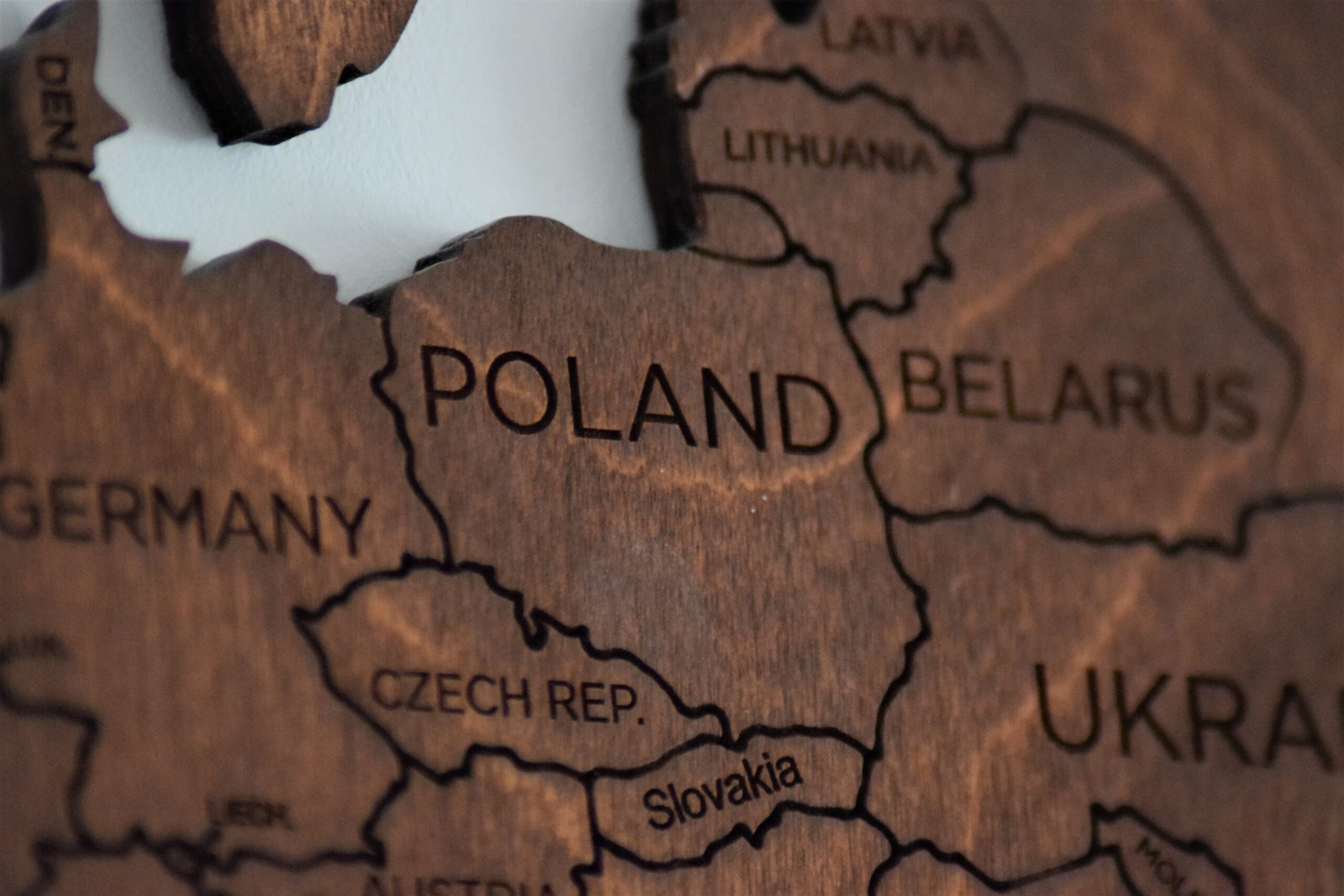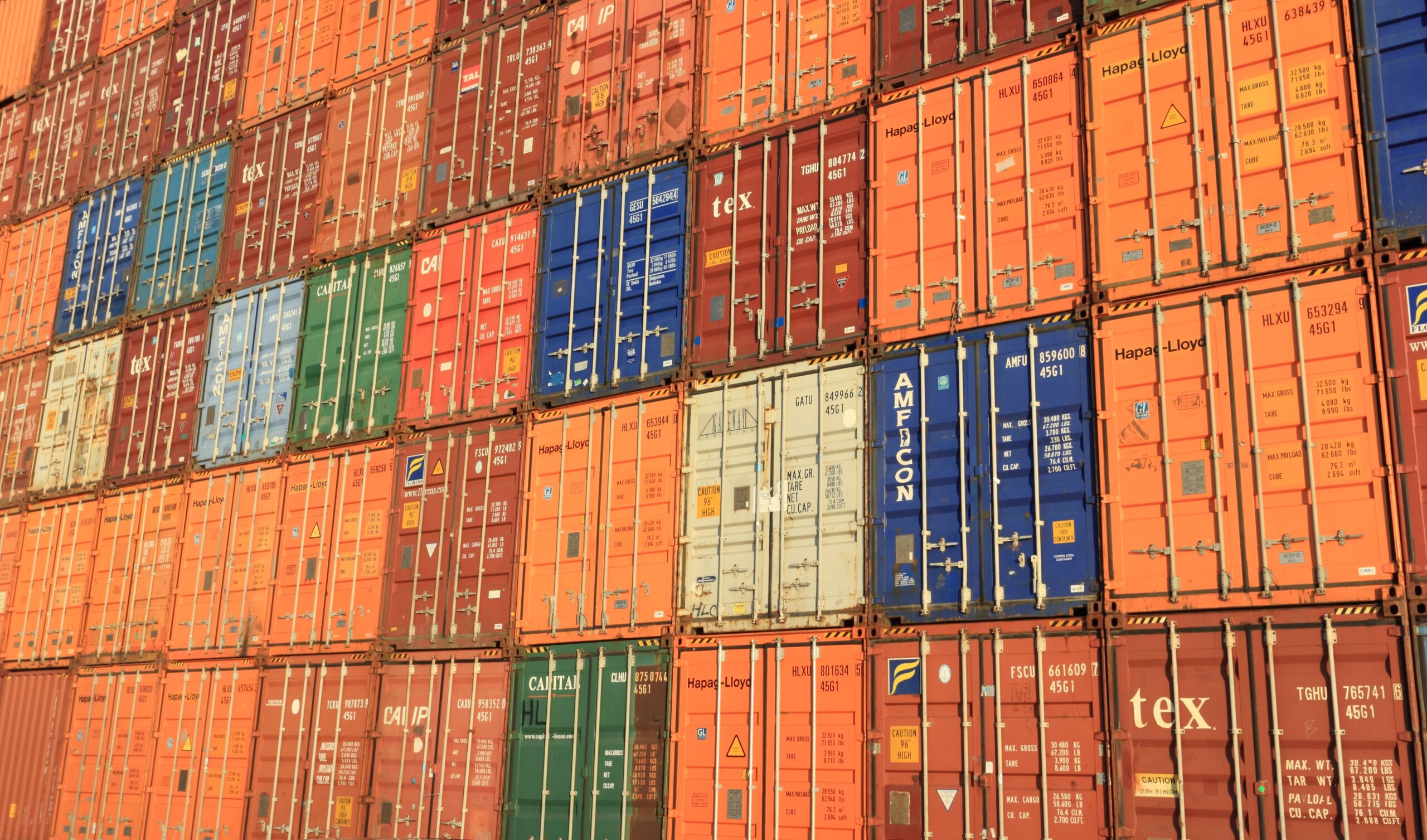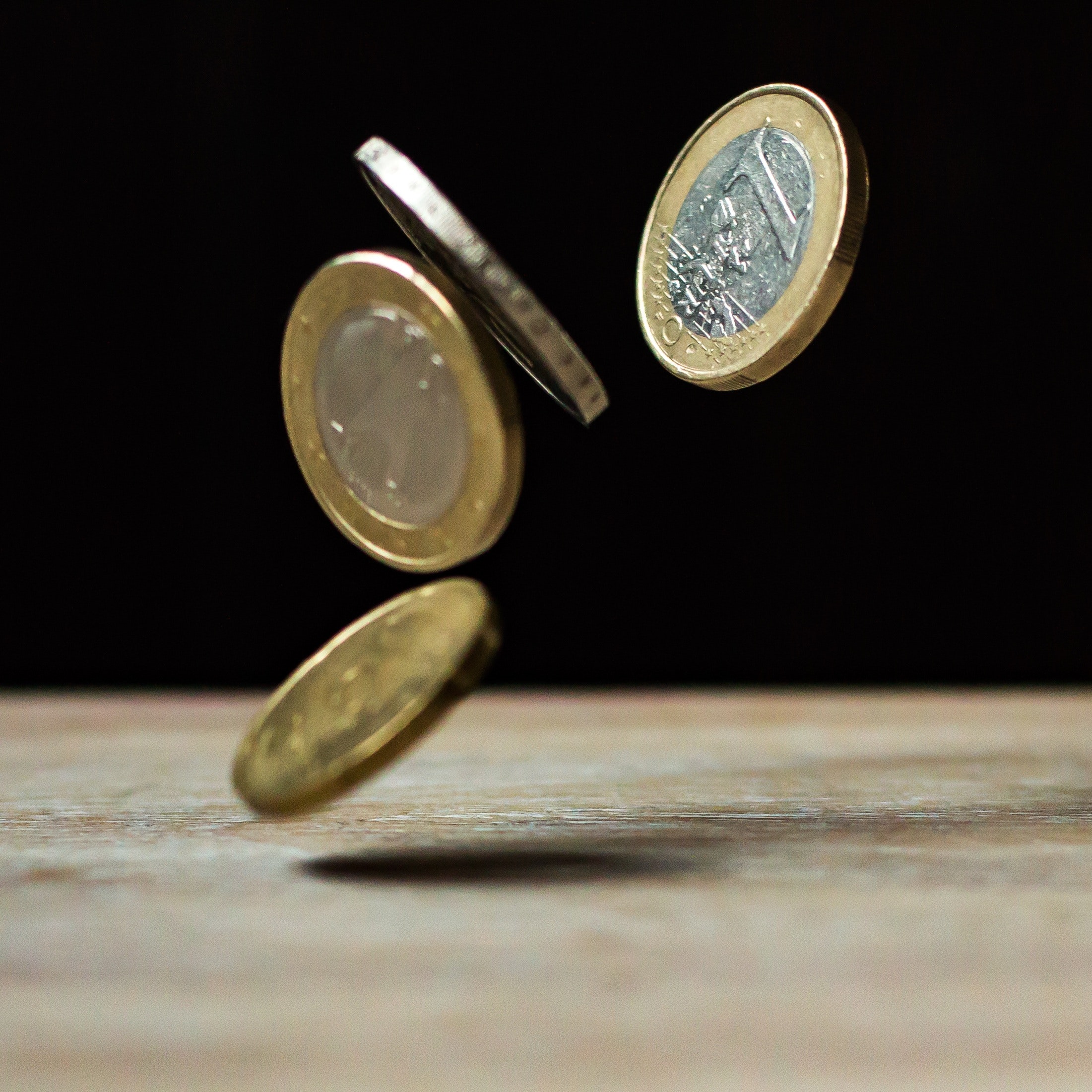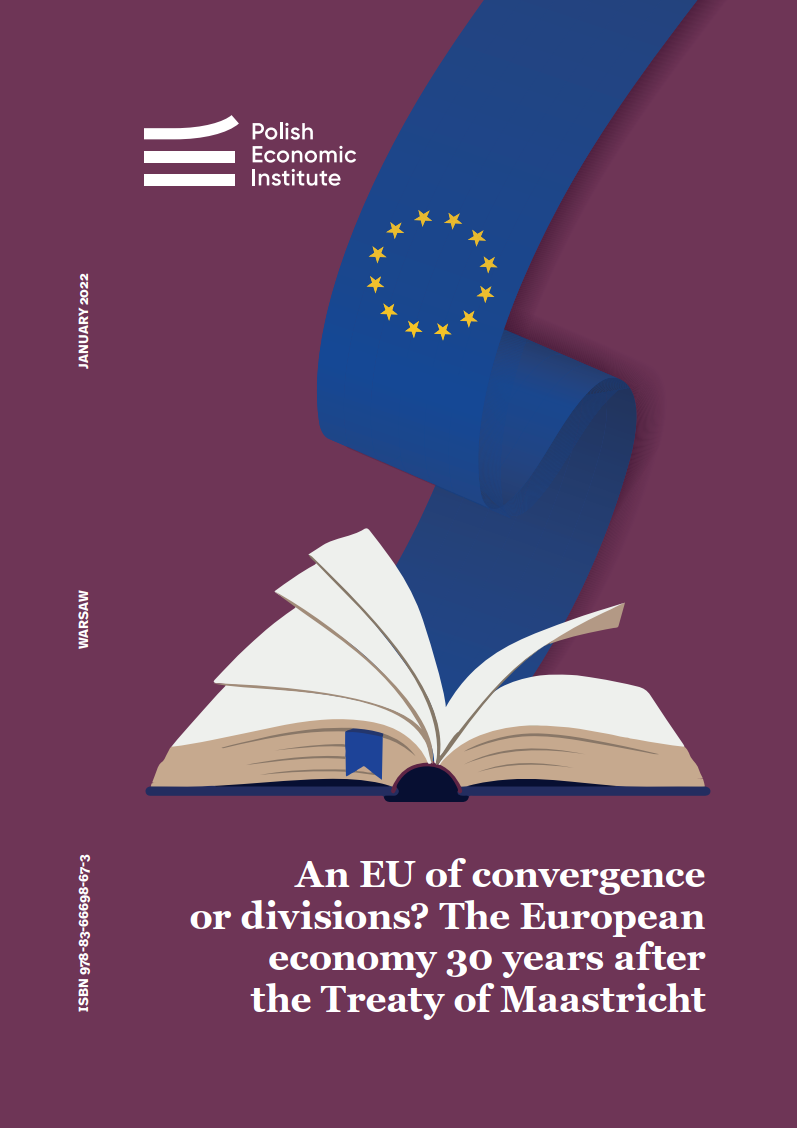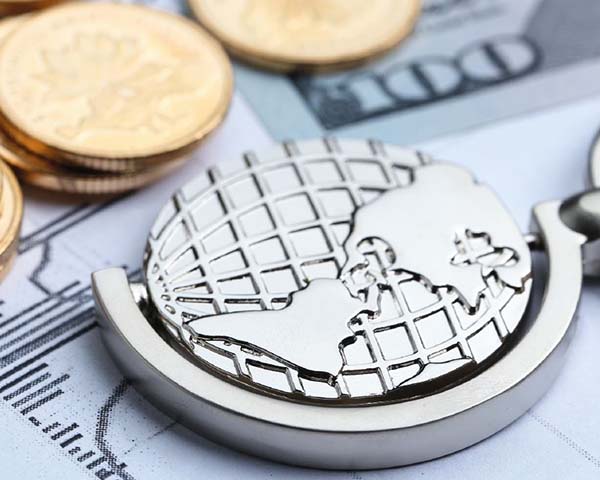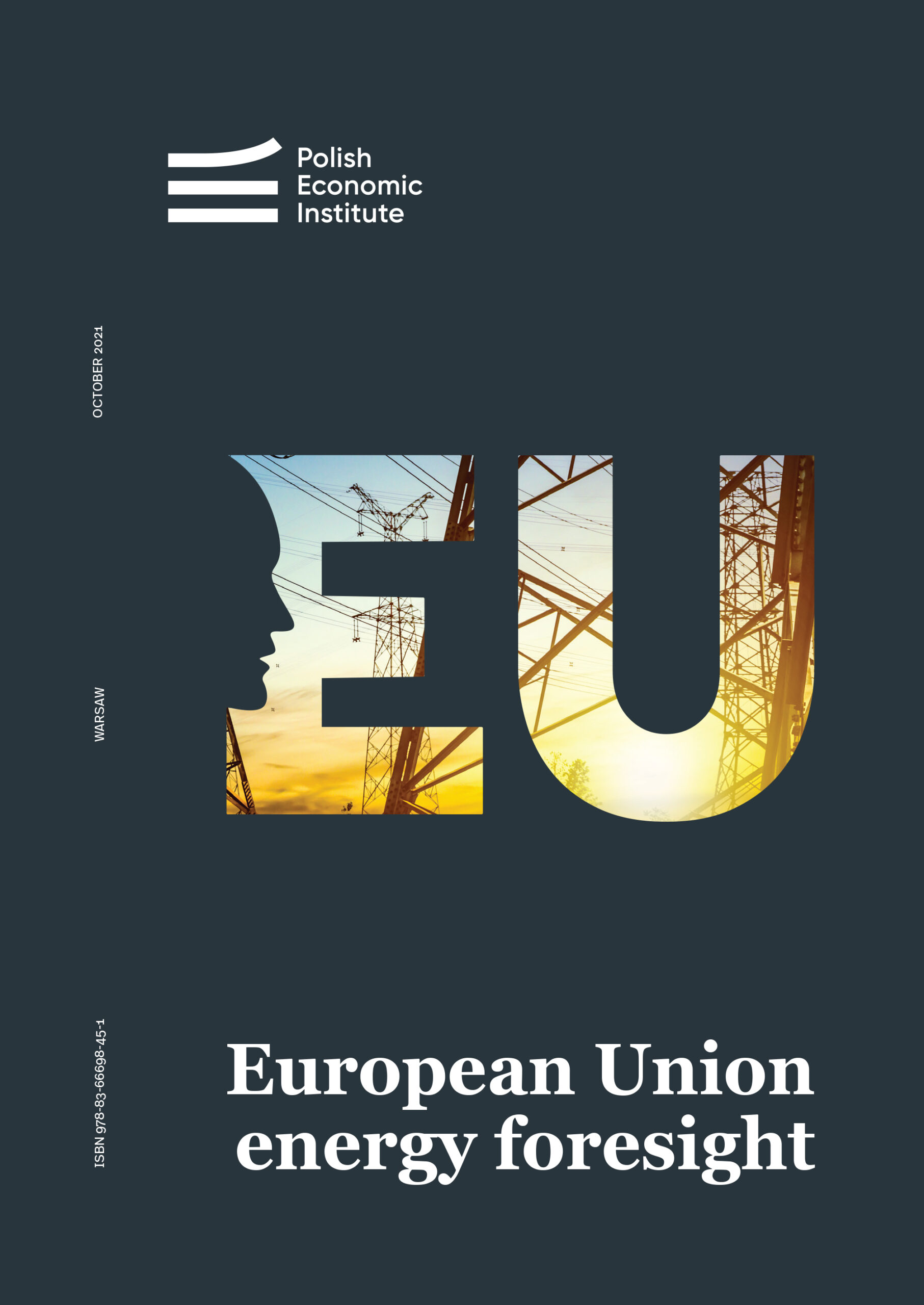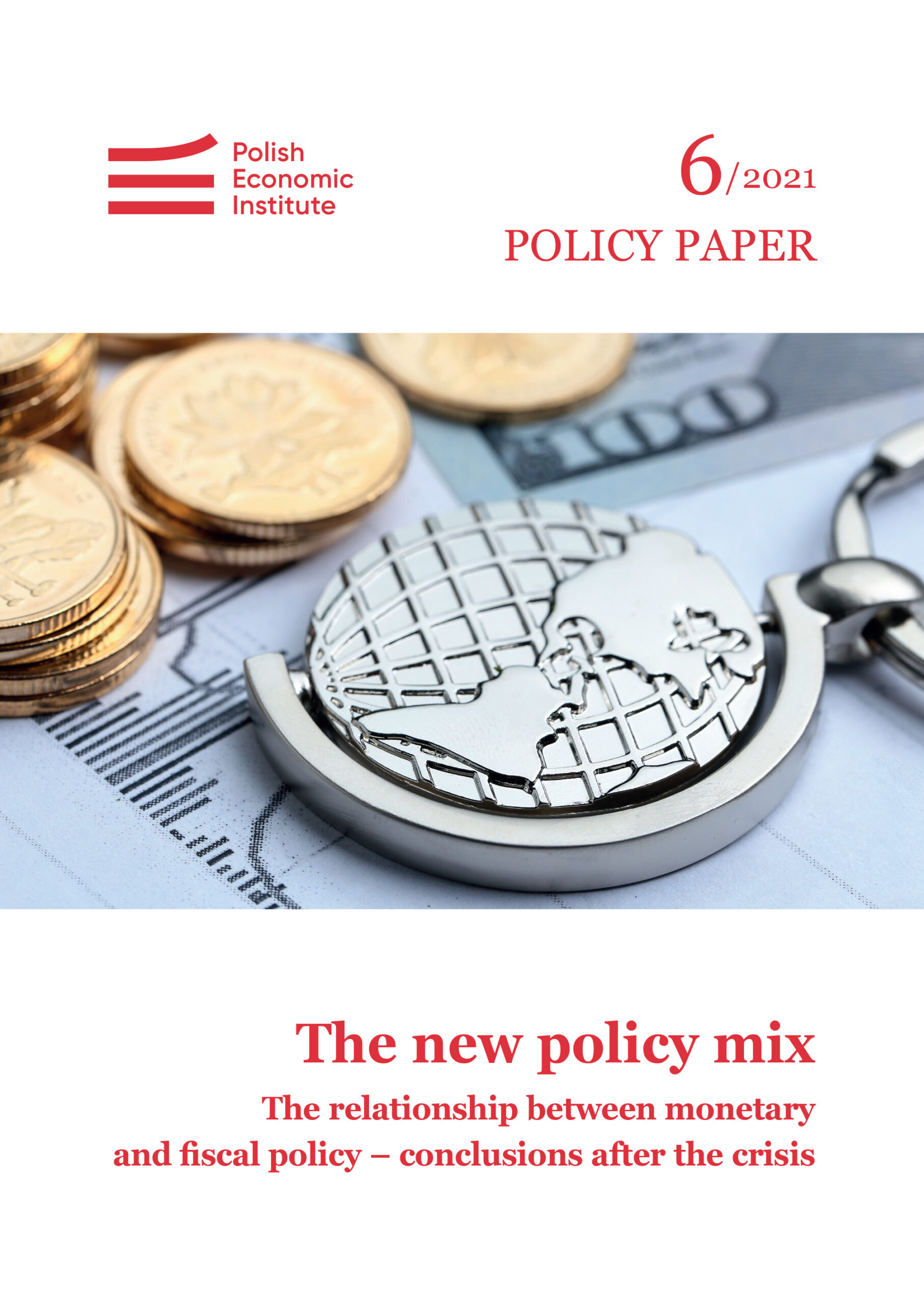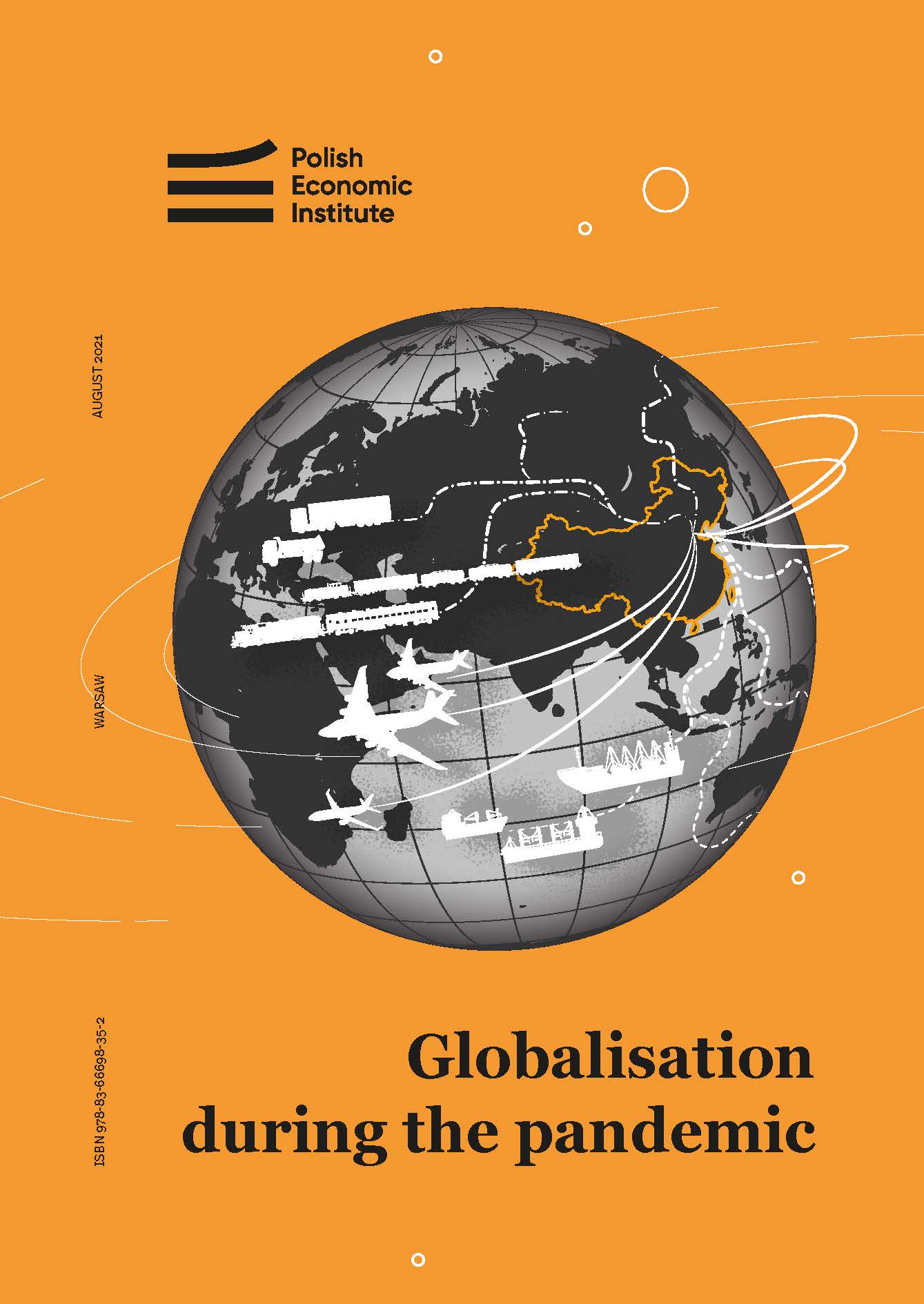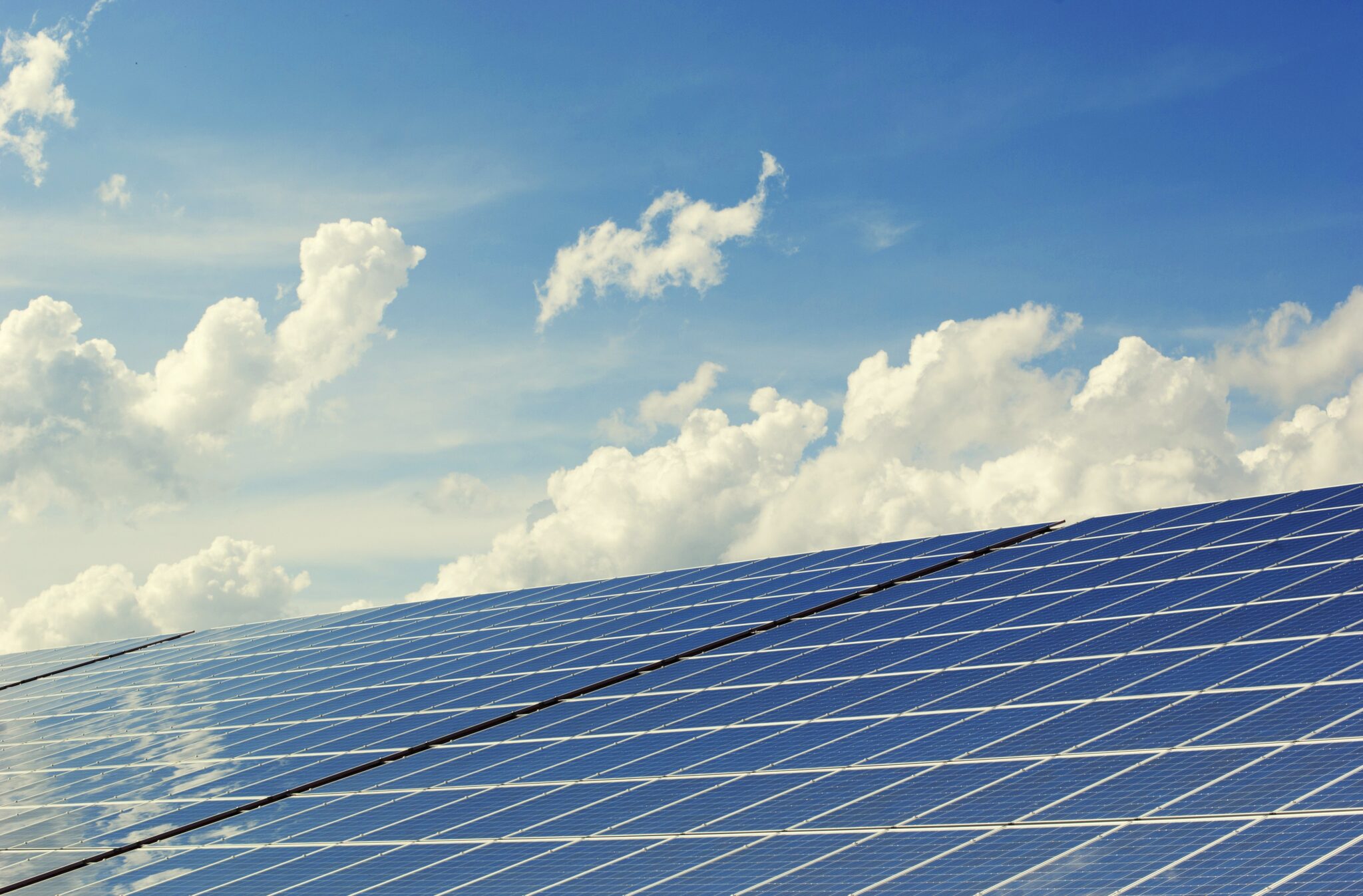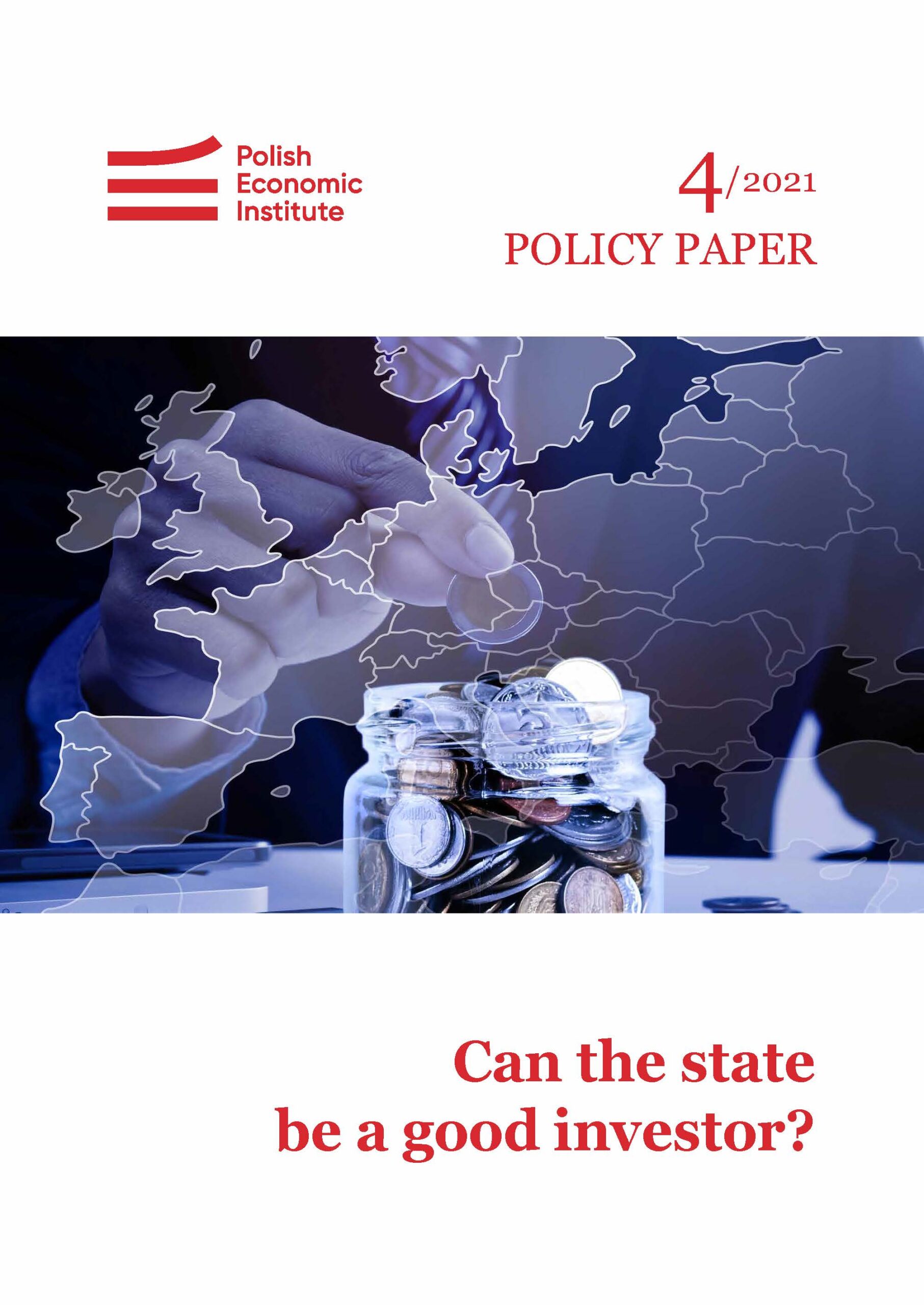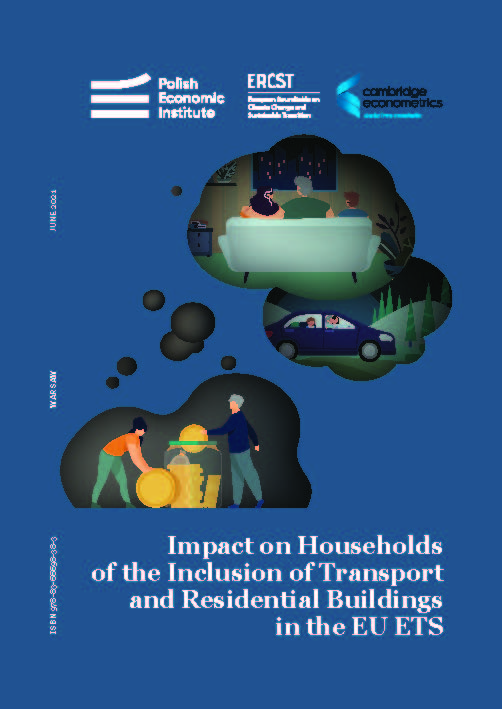"Brussels Times": We are living in an era of unprecedented challenges that must be faced simultaneously. The energy crisis caused by Russia’s brutal invasion of Ukraine cannot disrupt our efforts to combat climate change. Instead, it should mobilize us to take further action with greater determination.
The Emitting 7 (E7) – the world’s most polluting countries: China, the United States, the European Union, India, Russia, Japan and Brazil – account for almost 72% of global GDP and 66% of global emissions. To stay on course for the 1.5°C target, the E7 will need to spend USD 67 trillion by 2030, the equivalent of 7.6% of global GDP in 2019 and 10.6% of the E7’s GDP in 2019 per year. Failure to reach the target will be even costlier: 11–13.9% of global GDP could be lost per year if the temperature rises by 2–2.6°C. None of these economies will hit its climate goals during its target year. Based on their current trajectories, net-zero emissions will be achieved by the EU in 2056, by the US in 2060, by China in 2071 and by Russia as late as 2086 – according to the Polish Economic Institute’s report entitled The Emitting 7: The time and cost of climate neutrality, presented during the World Economic Forum in Davos.
Poland was 18th out of 27 EU member states in the ranking of the indicator measuring the development of the green economy in 2011-2019. As the PEI’s analysis shows, the development of the green economy is positively correlated to economic growth. A comparison of average total GDP growth in 2011-2019 in the countries with the highest green economy development indicator (25.7%) and those with the lowest (15.4%) points to the benefits of developing green technologies and infrastructure, which translates into a noticeable difference in the rate of economic growth (10.3 pp). Although individual countries’ economic growth is the result of many factors, the results of the model raise questions about the need to choose between raising the standard of living and a sustainable development model. Investing in the green economy does not slow down economic growth, while simultaneously enabling countries to achieve climate targets, according to the PEI’s report entitled The green economy and its impact on the climate and economic growth.
The EU is largely dependent on energy commodities imported from Russia. 25% of the crude oil, 45% of the natural gas and 44% of the hard coal imported by the EU come from Russia. Yet as the Polish Economic Institute’s report entitled “An EU independent from Russia? Alternative sources of energy commodities” shows, the EU’s dependence on energy commodities can be reduced significantly. The EU could reduce gas imports from Russia by as much as 91% as already in 2022, the PEI’s analysis shows.
According to the plan announced by the Polish government on March 30, Poland will completely stop importing Russian coal in May, and oil and gas from Russia by the end of 2022. A Polish embargo on fossil fuels from Russia could cost the Russian budget several – or even over a dozen – billion dollars per year. An EU embargo on oil, gas and coal could have an even bigger impact. In 2021, EU imports of these commodities accounted for over 20% of the Russian budget, according to the Polish Economic Institute’s estimates.
Once the fighting ends, Ukraine will need support from the global community to rebuild its economy. International organisations such as the World Bank, the Organisation for Economic Co-operation and Development (OECD) and the International Monetary Fund (IMF) should get involved in the assistance. These organisation support countries hit by armed conflict – in recent years, they have provided Iraq and Mali with post-war assistance.
Vladimir Putin’s attack on Ukraine needs to be stopped. It is a threat to the global order and to Western civilization, which Ukraine wants to belong to. We are therefore calling for further sanctions on Russia to restrain Moscow without resorting to military means.
On March 8, the US and Britain introduced a ban on purchasing oil from Russia. This will reduce Russia’s annual budget by USD 5.1 billion. The European Commission’s plans, announced the same day, to reduce deliveries of Russian gas by two-thirds by the end of this year will cost Russia an additional USD 2.4 billion, the Polish Economic Institute Estimates. This is an important first step, but halting Russian oil deliveries to the EU would be a much bigger blow for Moscow. The impact on the Russian budget would be seven times higher than the international measures announced on Tuesday.
Russia exported over USD 100 billion worth of oil in 2021. The profits of selling oil to EU countries alone make up around 10% of Russia’s central budget. In January 2022, the higher prices on global markets mean that revenue from oil sales increase by over 90% compared to the monthly average the previous year. Russia uses some of the money from oil exports to finance investments in the territories it has been occupying since 2008 and 2014. Reducing this source of financing seems essential to halting further Russian expansion, the Polish Economic Institute’s analysts emphasize. In 2019-2020, Russian oil accounts for 25% of deliveries to the EU. Replacing it with oil from countries including Norway, the UK, the United States, Iran and Kazakhstan could make the EU independent from deliveries from Russia.
Despite the invasion, Gazprom has increased gas transit to the EU, which may indicate a desire to maintain existing business relations with member states. During the first five days following the invasion, the transit of Russian gas through Ukraine more than doubled (from around 55 million m3/d to 117 million m3/d). The use of the Yamal gas pipeline has increased, too. On average, it transported 4.2 million m3/d more of Russian gas to Poland than in February (an increase of 52%, to 13% of the pipeline's transmission capacity). Of this, approximately 2.4 million m3/d was sent to Germany (3% of the Mallnow interconnection point’s capacity). In total, the transit of Russian gas to the EU increased by more than 20% during this period (from 529 million m3/d to 640 million m3/d).
The Western sanctions will lead to a drop of around 15-20% in Russia’s GDP in 2022, the Polish Economic Institute’s economists forecast. As a result, Russia will not only be poorer than all the EU countries, but also poorer than certain countries in South America, such as Uruguay. Even before it invaded Ukraine, Russia had not been a rich country in relative terms: its GDP was just 51% of Germany’s, between Chile and Greece. Moscow stood out from the rest of the country – and will continue to do so. Earlier, its wealth was comparable to that of the Czech Republic; after the sanctions, it will be at the level of Latvia.
Everything suggests that EU leaders will decide to expel Russia from the SWIFT system. However, this will not bring long-term results; it will merely disrupt the banking system’s operation for a few days. Only freezing Russian oligarchs’ assets and banning transactions in euros for Russian banks will have an impact on the Russian economy. These steps should cover Belarus, too.
Sanctions imposed since the Russian invasion will not disrupt the Russian economy. For example, the sanctions imposed on the financial sector will exclude payments for energy materials. The Polish Economic Institute estimates that the impact of those sanctions could be limited to just 0.7% or so of Russian GDP. No firm decision has been made on expelling Russia from the SWIFT system, although it could happen in the coming days. In 2018, Iran’s exclusion from the SWIFT system blocked one-third of Iranian exports. Sanctions on energy sector would be the most painful, as 36% of Russia’s budget revenue comes from oil and gas exports.
Development convergence is taking place in the European Union, mainly due to the Central and Eastern European (CEE) countries’ accession to the EU.
On November 17th we have discussed our report with Maria Demertzis, deputy director, Bruegel.
The European Union will reduce CO2 emissions by 55 per cent compared to 1990, but no sooner than 2032. Due to accelerated decarbonisation, the first 10 countries will achieve climate neutrality by 2045.
At present, as many as 7 Member States of the EU have public debts exceeding 100 per cent, with the limit laid down in the Maastricht Treaty at 60 per cent. In the US, the scale of the Fed’s quantitative easing related to the pandemic has been as much as 57 per cent higher than during the financial crisis.
When the state spends money on roads and railways, we call it ‘investment’. When the state spends on nurseries, school meals, or health care, we call it social, educational, and health expenditure.
Although the volume of world trade in goods dropped by 5.5 per cent in 2020 against 2019, the demand for electronics soared and deliveries of computers went up by 13.1 per cent.
Earlier today the European Commission has presented a plan of legislative proposals on new reduction targets along with a proposal to revise and extend the current EU ETS system to the building and transport sector.
“EURACTIV”: Plans to extend the EU’s carbon market to transport and heating fuels will have the greatest impact on the poorest households.
Spending on infrastructure makes up just 20 per cent of all public investment in EU countries. The remaining 80 per cent can be classified as investment in human capital – spending on citizens’ health and education
The potential annual carbon costs per household in the EU27 is estimated at EUR 373 for transport and EUR 429 for residential buildings.



